Mirrorless vs DSLR is one of the first questions you should ask yourself when picking up a new camera. Just a few years ago, if you were serious about photography, the answer would be obvious; you’d probably go for the DSLR. Now though, mirrorless cameras have come on in leaps and bounds, and both types of camera have their own set of positives and negatives. Here’s what to consider when deciding which kind of camera you should buy!
What is a DSLR camera?
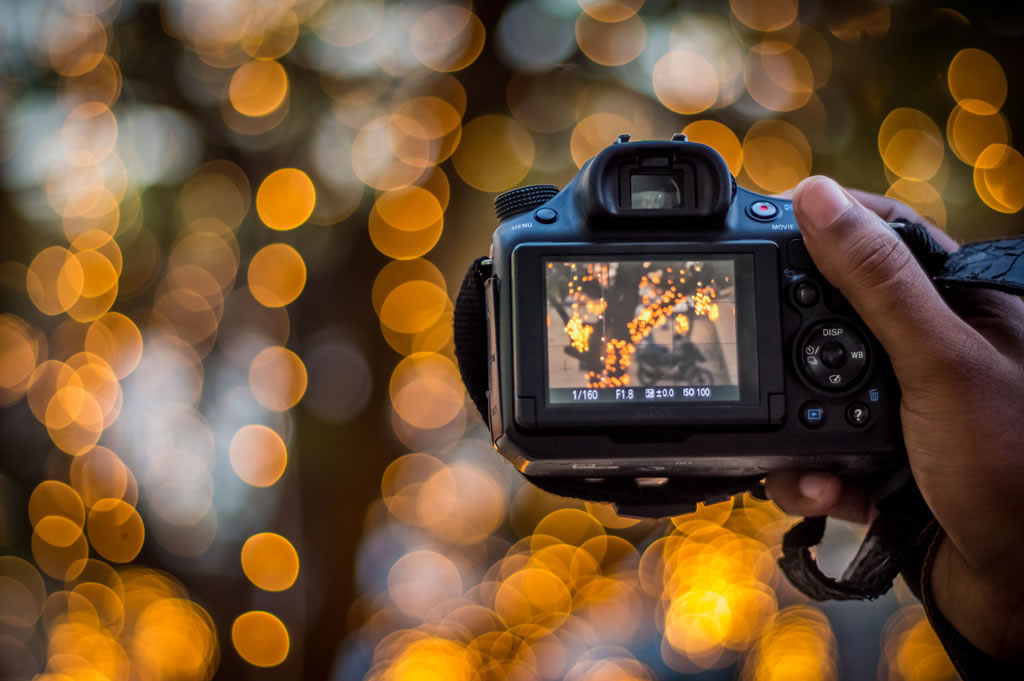
What’s a DSLR camera? It’s all in the name! DSLR stands for digital single-lens reflex camera. Light passes through the lens and is reflected by the reflex mirror inside the camera. The mirror reflects the image into the viewfinder, allowing you to see the exact image coming through the lens. When you hit the shutter, the mirror swings out of the way, allowing light to hit the sensor behind and capture the image coming through the lens.
That means there’s no digital processing between the lens and sensor; it picks up exactly what the lens sees. The mirror swinging out of the way is also the reason DSLR cameras make such a satisfying sound when taking a picture!
A brief history of the DSLR
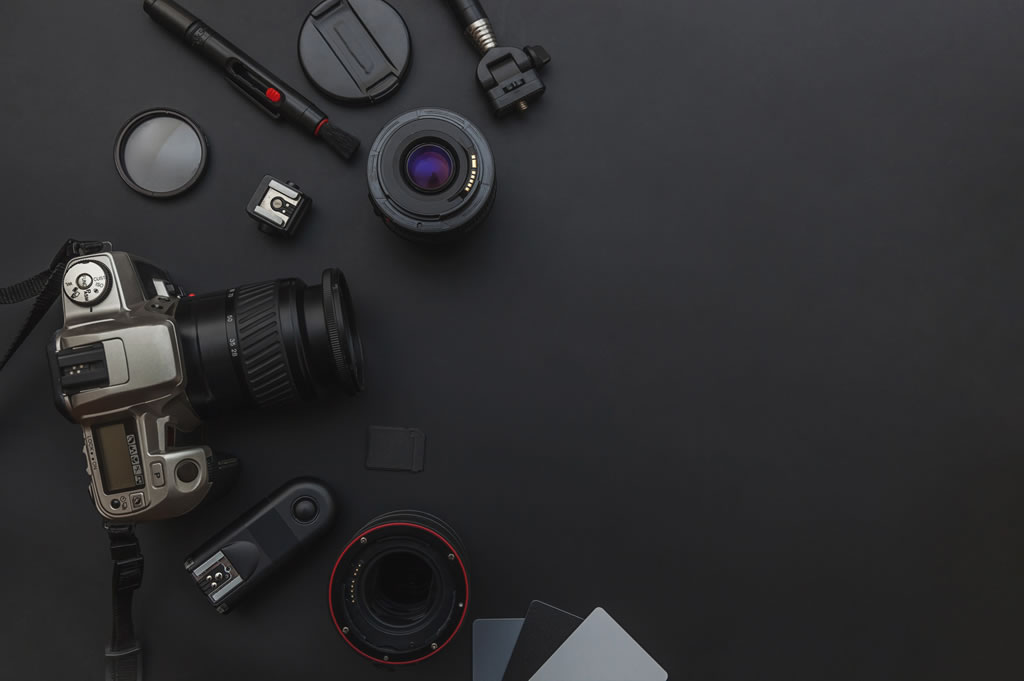
Before the DSLR, there was the SLR camera. A similar concept, minus the digital! They use the same basic components as a DSLR, except these analogue cameras use film rather than capturing and storing images digitally. If you’re an old-school photographer, you can still eschew the digital and shoot on film!
In 1988, Nikon* released the QV-1000c – the first commercially available digital SLR camera. From then, DSLR cameras have only increased in popularity. Until around 2008, when mirrorless cameras began to become more popular with some amateur photographers.
What is a mirrorless camera?
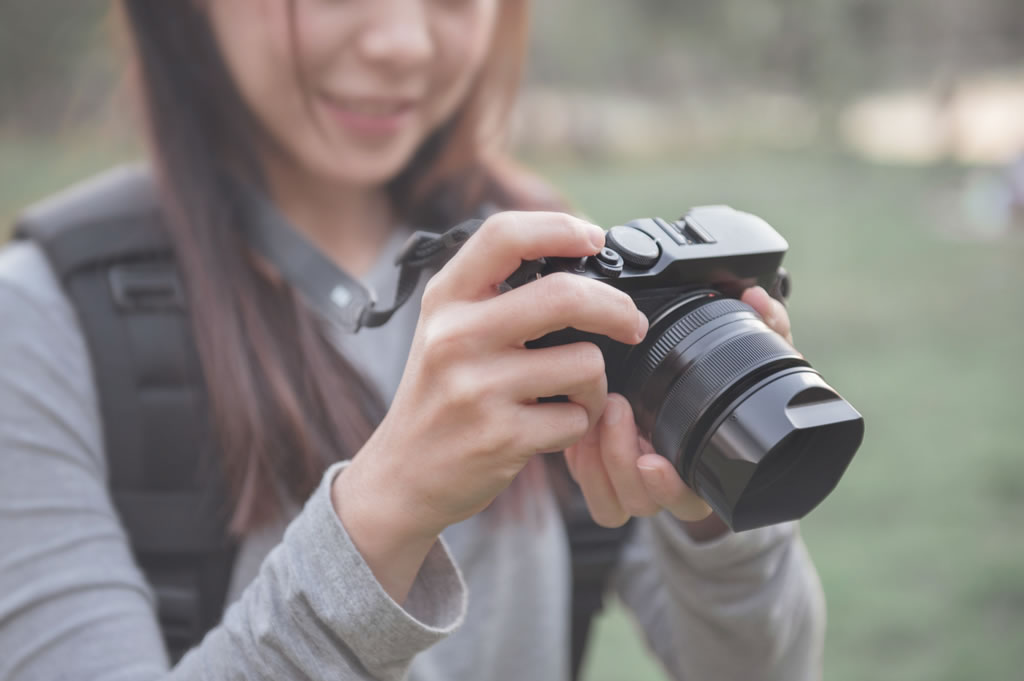
Again, the main difference between DSLR and mirrorless cameras is in the name. While DSLR cameras rely on the mirror to use the viewfinder, mirrorless cameras remove this from the equation! Instead of the image being reflected into the viewfinder, mirrorless cameras show a live view of the image being picked up by the sensor, like the camera on your phone might do.
Mirrorless cameras typically have larger sensors than regular point and shoot cameras, which allows them to capture richer detail than many digital cameras. With a larger focus on digital over their DSLR counterparts, many mirrorless cameras’ electronic viewfinders (EVF) can include a range of features to help improve the photos you’re taking.
What are the pros and cons of DSLR cameras?
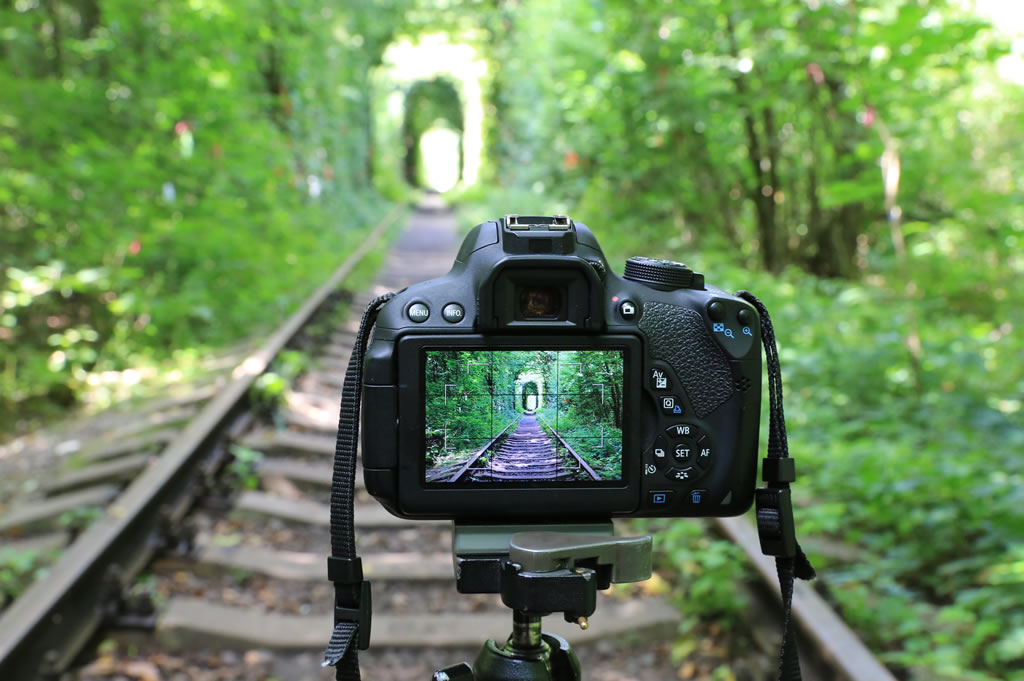
The old favourite, many companies have been making DSLR cameras (and SLR before that) for decades. Companies like Nikon* and Canon* have many years’ experience in the nuances of designing and manufacturing DSLR cameras. Just because they’re the tried and true camera design doesn’t mean they aren’t without fault! Here are some of the pros and cons of DSLRs.
The pros of DSLR cameras
DSLR cameras come with their fair share of advantages! Although it’s a matter of preference, the DSLR’s optical viewfinder is still many photographers’ method of choice for capturing photos. Unlike a mirrorless camera’s electronic viewfinder, you’re seeing exactly what the lens sees through the optical viewfinder.
Another subjective point is the type of auto-focus each camera uses. DSLR cameras tend to use “phase detect” auto-focus systems, which reflect a small portion of the light into a separate auto-focus sensor. Phase detect systems are often much faster than the contrast auto-focus seen in many mirrorless cameras. The trade-off is an auto-focus which performs worse when shooting video.
Due to how much history the DSLR has, there have been a huge range of lenses and accessories available compared to mirrorless cameras, but the gap is closing! And finally, digital SLR cameras generally offer a longer battery life than their mirrorless counterparts.
The cons of DSLR cameras
Let’s start with the obvious con; DSLR cameras are big. Much bulkier than most mirrorless cameras, in fact, on account of the mirror mechanism on the inside. Because of those moving parts, they’re also loud, which could either be a pro or a con, depending on your perspective. At The Insurance Emporium, we love the satisfying shutter sound of a DSLR!
This movement could have another unfortunate downside, in slightly shaking the camera. Although the movement is often subtle, it could make the difference between a good or bad shot. The movement from the mirror could be enough to ruin a long exposure photograph!
And while the phase detect auto-focus is preferred by many for still photographs, this kind of auto-focus is generally thought to make DSLR cameras the inferior option for shooting video.
What are the pros and cons of mirrorless cameras?
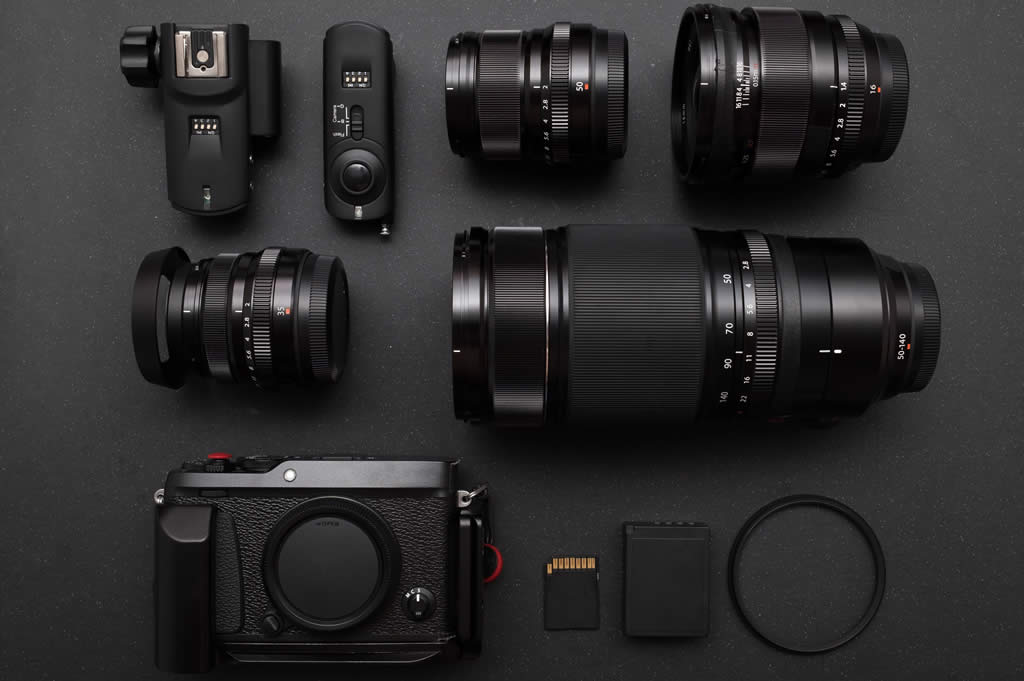
Mirrorless cameras might be the new kid on the block, but they still have a few tricks of their own up their sleeve! Here are some of the pros and cons of going mirrorless.
The pros of mirrorless cameras
Just like with the DSLR camera, which viewfinder is better is a matter of preference. An electronic viewfinder (EVF) found on most mirrorless cameras allows you to see exactly what the sensor is picking up, rather than what the lens is picking up. This can give you a more accurate depiction of the finished product, and there’s generally not as much second guessing how your picture might come out.
Out of the two, mirrorless are the cameras of choice for video as well, with a better live view autofocus. Due to the lack of moving parts, mirrorless cameras often have faster continuous shooting than DSLRs, and a higher shooting speed. And not to mention, if you go mirrorless you’ll probably have more room in your luggage, as mirrorless cameras are generally much smaller and lighter than a DSLR!
The cons of mirrorless cameras
While the EVFs found on mirrorless cameras certainly have their advantages, they have their fair share of less-than-desirable qualities. Because you’re seeing the light that is hitting the sensor, there can be a delay and noticeable lag through the viewfinder. This can be especially noticeable at night time or in dark scenes, where you may find a lot of “noise” on the screen when taking a picture in the dark.
Because of this reliance on the EVF and LCD screen, the battery life of mirrorless cameras leaves something to be desired. And there are fewer lenses and accessories available for mirrorless compared with DSLR cameras, but the gap is certainly closing!
Which camera is best for beginners?
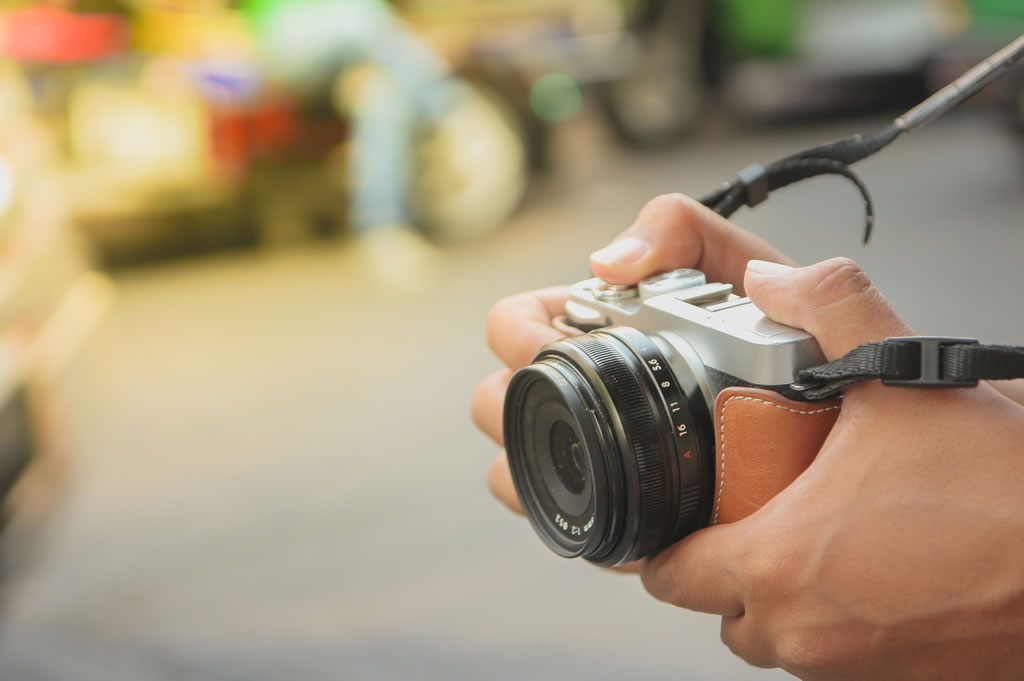
Beginner photographers will want to ensure they make the right choice with their first camera, making the mirrorless vs DSLR debate that much more important. The fact of the matter is, though, there are fantastic beginner options in both camps!
Both DSLR and mirrorless cameras can capture great quality images, so it really is a matter of preference. See the list of pros and cons above for the details on both types of camera!
In short, DSLR cameras are the classic choice; bigger, bulkier and louder, the optical viewfinder on a DSLR allows you to see exactly what the lens does in real time, for a seamless photography experience.
Mirrorless cameras are smaller and sleeker than their counterparts. Although you might experience some slight delay, electronic viewfinders can give you a more accurate view of how your photo might turn out. On the flipside, the EVF and LCD screen can quickly run the battery down!
As a beginner, you’ll also want to ensure your camera comes with a “kit” lens, which are designed to be good all-purpose lenses. Many cameras aimed at more experienced photographers won’t include a lens and will come body only!
Which is best for video?
Both DSLR and mirrorless cameras are perfectly capable of capturing video. But DSLRs were designed primarily for still images, and while DSLR cameras may have superior autofocus for capturing photographs, they can fall down when shooting video.
In general, most mirrorless cameras will be able to capture at least 4k video – even some of the entry-level models! The autofocus on mirrorless cameras is generally considered superior for capturing video as well, and helps avoid the dreaded period of blur in the middle of a video!
Conclusion
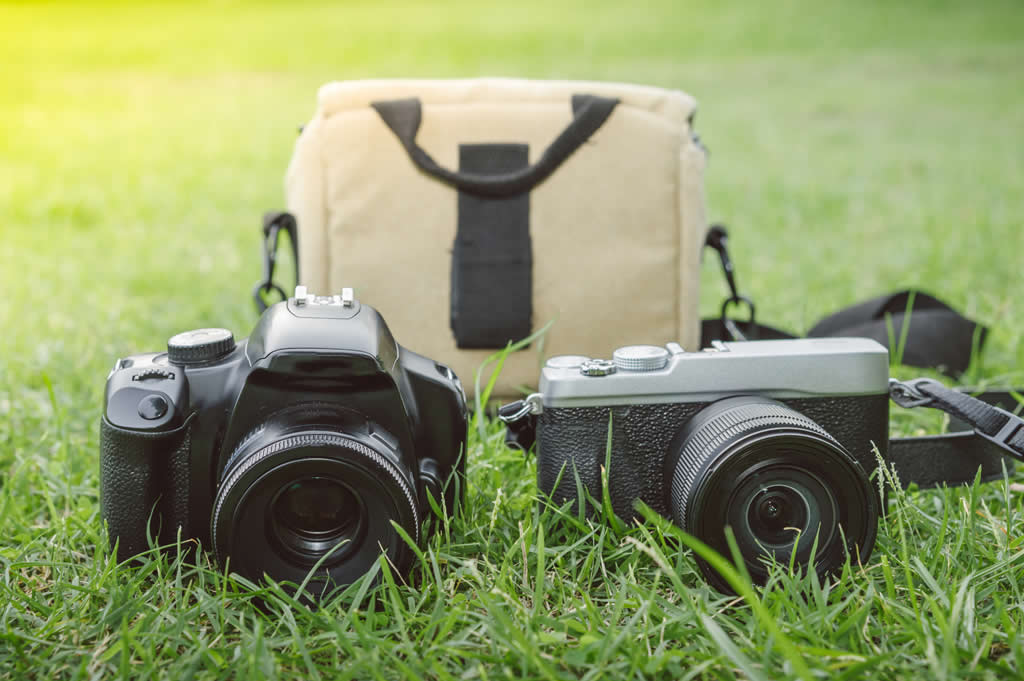
Although there are significant differences between DSLR and mirrorless cameras, both are fantastic choices of camera which can take great quality photographs. Mirrorless cameras are generally smaller, lighter and more compact. They’ve proven to be able to stand toe to toe with DSLR cameras in terms of image quality, and even excel in shooting video.
You can’t argue against the legacy of the DSLR, though. For decades, DSLR cameras have been the standard for hobbyists and professional photographers alike, and for good reason. Because of this, they have the advantage of a wider range of lenses and accessories. The margin keeps narrowing though, as more and more support is given to mirrorless cameras. Still, you can’t beat the satisfying “clunk!” of the DSLR’s mirror swinging when you line up the perfect shot.
Insuring your new DSLR or mirrorless camera
If you’re looking to purchase a new camera, whether it’s a mirrorless or DSLR, you’ll probably want to do your best to protect your new camera. In case the worst happens while you’re practising your photography, you might want to think about taking out insurance for your DSLR or mirrorless camera. At The Insurance Emporium, our Amateur, Semi-Professional and Professional Camera Insurance includes a range of Standard Benefits like cover for Theft, Loss or Accidental Damage. You can then customise your policy with a range of Optional Benefits. Head on down to The Insurance Emporium to find out more!
* This blog is in no way sponsored, endorsed or administered by, or associated with Canon or Nikon.
All content provided on this blog is for informational purposes only. We make no representations as to the accuracy or completeness of any information on this site or found by following any link on this site. We will not be liable for any errors or omissions in this information nor for the availability of this information. We will not be liable for any loss, injury or damage arising from the display or use of this information. This policy is subject to change at any time.


